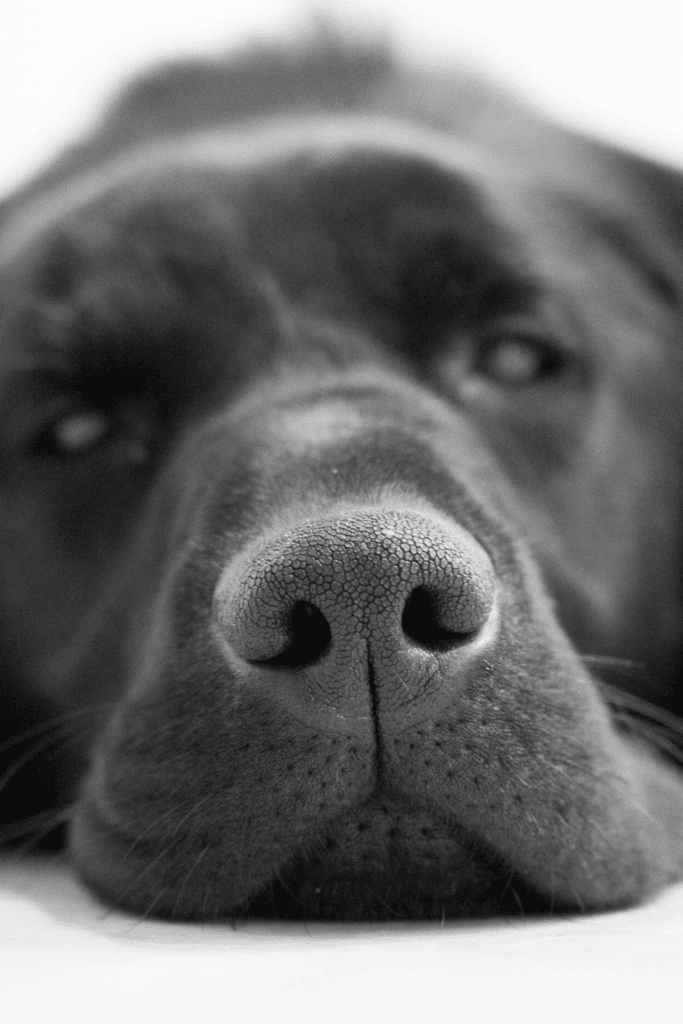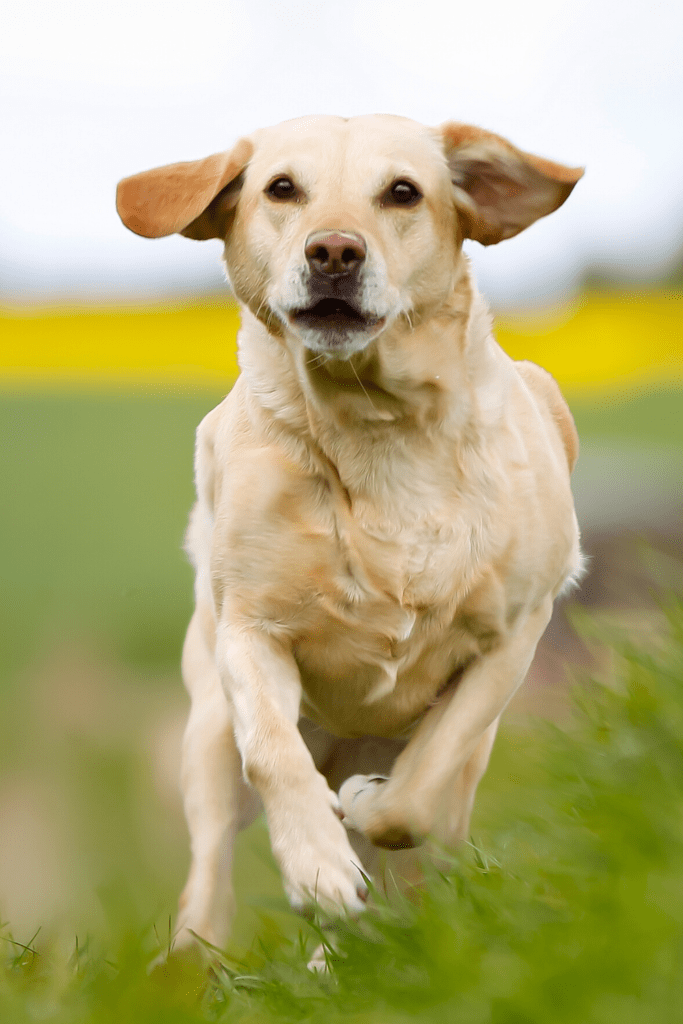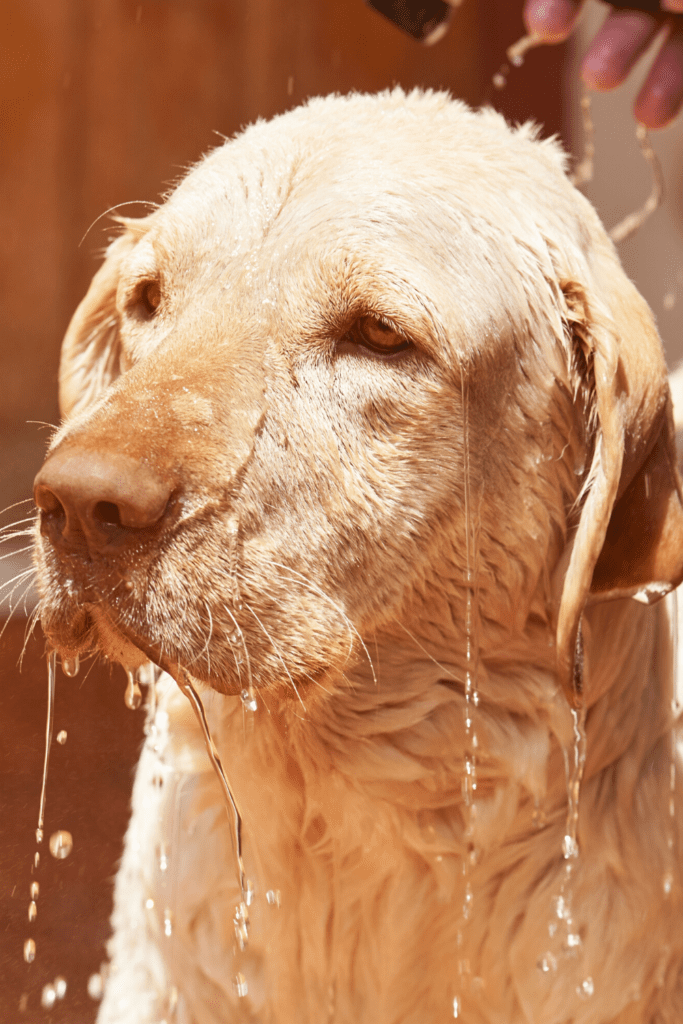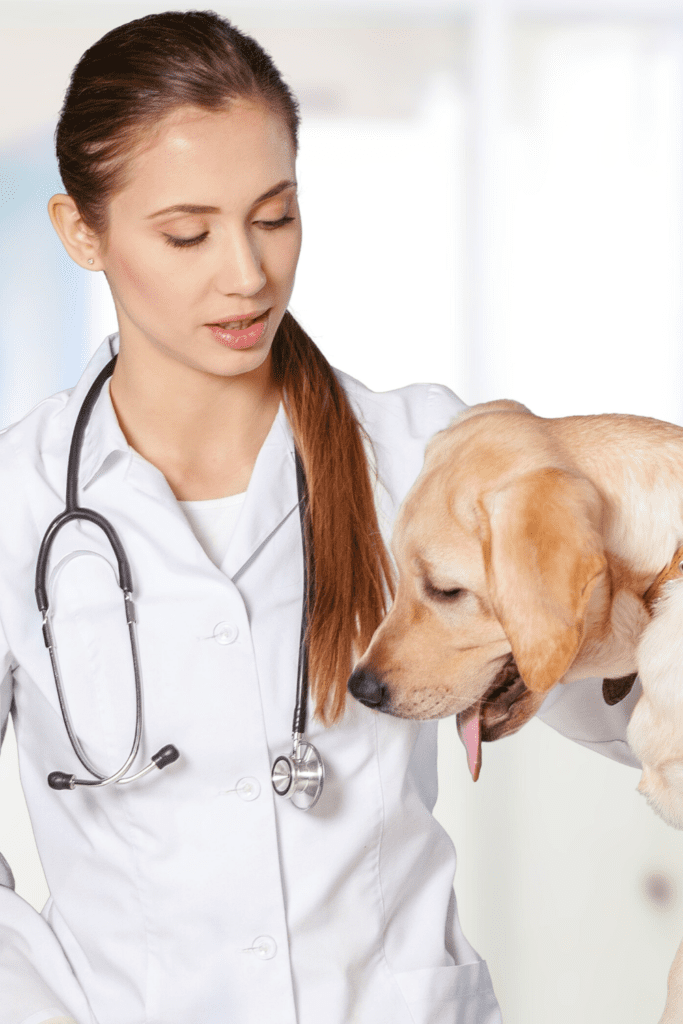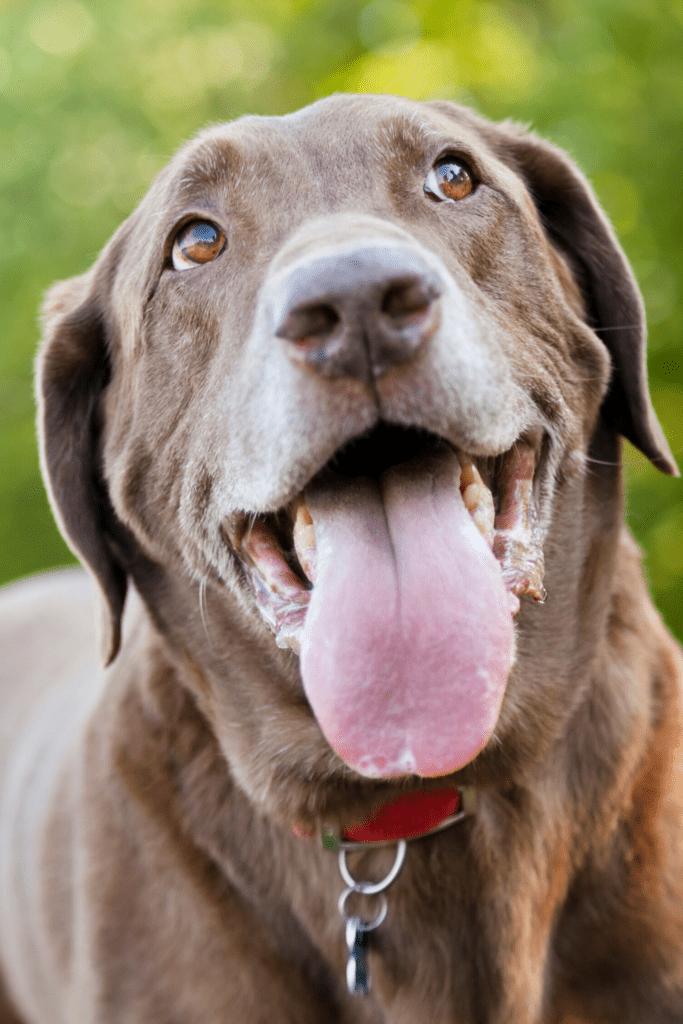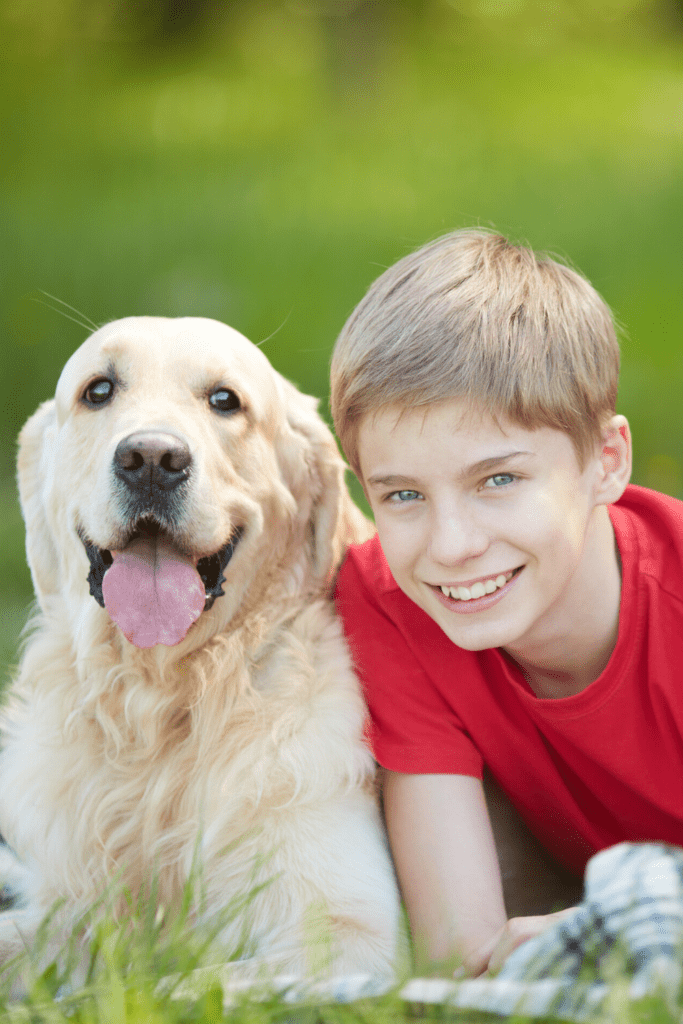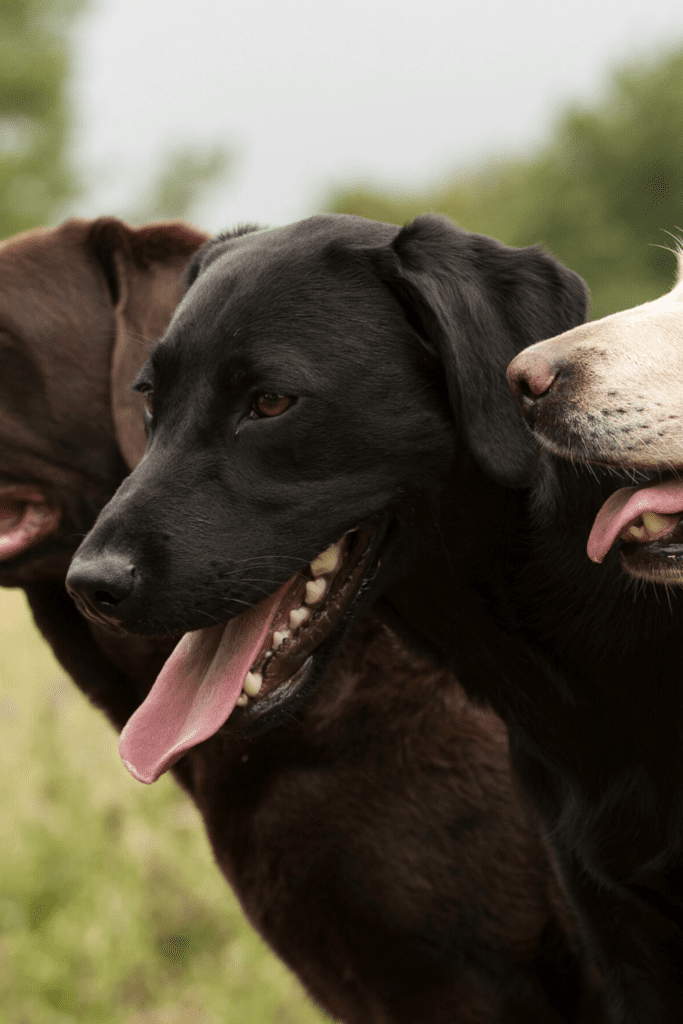The Labrador Retriever is a medium to large breed of dog. Bred for hunting, they have become the most popular breed of dogs in the US and the UK. They are not only the most popular breed to own as a pet, and they get used as service and working dogs.
They come in three colors, yellow, black and chocolate. These friendly and intelligent dogs make an excellent addition to any family.
Table of Contents
- 1 Breed History
- 2 Personality
- 3 Exercise Needs
- 4 Grooming and Care
- 5 Who Is This Dog For?
- 6 Known Health Issues
- 7 Related posts:
- 8 Labrador Retriever Dogs (25 Loyal Fun Dogs)
- 9 Labrador Retriever Care Guide | Essential Health Tips
- 10 Why Labrador Retrievers Make Perfect Family Pets - 14 Reasons
- 11 Labrador Retriever Puppies (25 cute and cuddly pups)
Breed History
The origin of the Labrador Retriever breed can get traced back to the Labrador region in Canada. They got introduced to England by trading ships that traveled between the two countries in the first half of the 1800s.

These dogs got used as gun dogs and quickly become a favorite of hunters of water foul. For this reason, they soon became very popular with the English upper class.
It was the Earl of Malmesbury and the Duke of Buccleuch, who bred and established the Labrador retriever breed in the 1880s. The Kennel Club officially recognized the breed in 1903 soon followed by the American Kennel Club in 1917.
Since then, these dogs have gained in popularity and are now the most popular dogs in many countries.
Personality
Labradors have a very even character. They get described as friendly, cheerful, and great companions. Their even temper makes them ideal service dogs, and they get used to help the visually impaired in many countries.

Most Labradors love being around people. They can get excited when visitors arrive, but they will soon settle down after getting a little attention. They do tend to bark as people approach their house so they can act as a guard dog. However, once the visitor enters the house, their friendliness takes over.
The fact that Labradors get used as service animals means they can get trained. They are intelligent dogs that are also eager to please. They also love food, so the best training strategy is a food reward system. Like all dogs, training should start early and be consistent.
As Labradors are hunting and retrieving dogs, they can become distracted by new smells. They will often disappear when walking through new areas if they are off the leash. So it is essential to keep your eye on them.
Exercise Needs
As they got bred for hunting, Labradors require regular exercise. As they also love to eat, daily walks are essential to keep your Labrador fit and healthy.
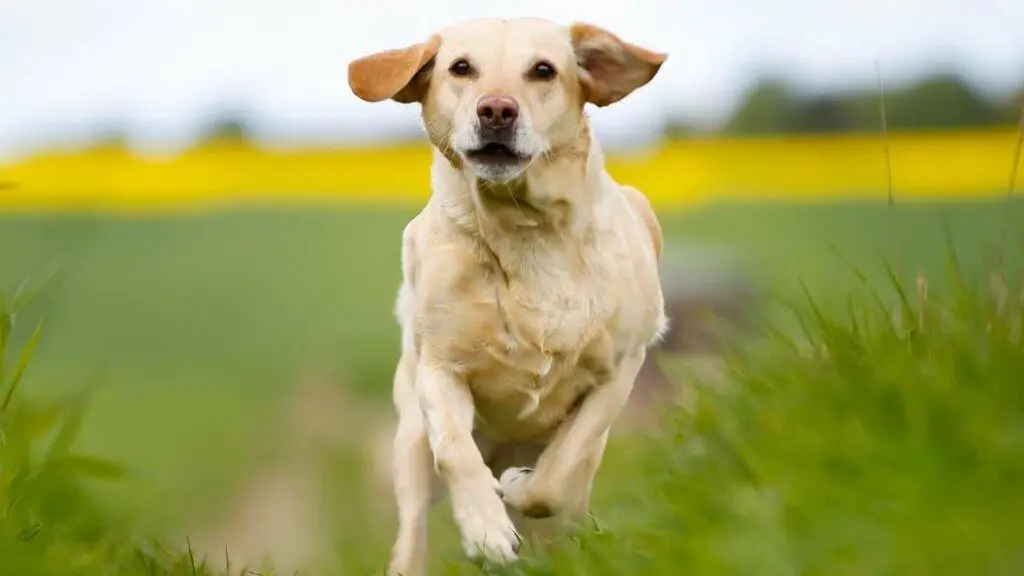
The Kennel Club (UK) recommends 2 hours of exercise per day. The American Kennel Club rates the Labrador as requiring the highest level of activity. The best way to achieve this is by walking first thing in the morning with a second exercise session in the afternoon. As they are “retriever” dogs, they usually love to chase balls, and this can be an excellent way to give them the required exercise.
If they do not get regular exercise, these dogs quickly become overweight, and this will lead to health problems.
Grooming and Care
Labs have a thick double layer coat, which is water-resistant. To keep this coat at its best, they require weekly brushing. As they have such a thick coat, expect a lot of shedding. This shedding happens year-round but is especially heavy coming into summer.
Labs do not require a lot of bathing. Most Labradors should get bathed around once a month (or after rolling in something smelly). Over bathing can strip their coats of required oils, so don’t shampoo them too often.
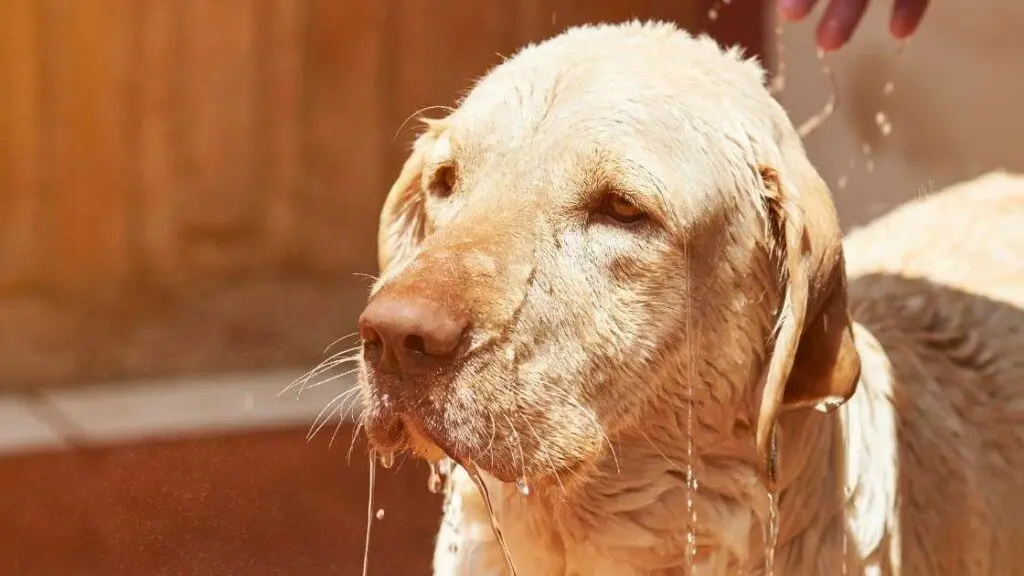
Other grooming requirements are regular nail clipping. Nails should get clipped every 1 to 2 months, depending on need. If you can hear your dog’s nails click on the floor when they are walking, it is time for a trim. Oral hygiene is also essential. Teeth should get brushed twice a week.
Who Is This Dog For?
Labs are the most popular dog breed in many countries, and you can guess they are suitable for most people. These dogs will fit into almost any family situation.

Labs become a member of the family very quickly. They are great with children. However, they are known to knock over young children accidentally when playing. They also tend to be accepting of other family pets such as cats.
With their exercise needs, they must get daily exercise. Ideally, they should live in a house with a yard. If they do live in an apartment, their exercise needs must get met.
Known Health Issues
Labradors are generally healthy dogs with a lifespan between 12 to 14 years. They are prone to several genetic conditions.

Hip and Elbow Dysplasia.
This joint condition will affect the dog’s mobility and usually presents itself at an early age. A good breeder will screen parent dogs for this before breeding. So ask to see the hip scores of both parents before buying your puppy.
Hereditary Myopathy.
This muscle condition causes muscle weakness, and this usually manifests before the dog is six months old.
Retinal Atrophy
Older dogs can suffer from this eye problem.
Bloat
The most severe non-genetic health issue is commonly known as bloat. Bloat is a serious condition that affects Labs, along with other large dogs. It gets characterized by air getting trapped in the stomach of the dog. This condition must be treated by a vet immediately. The symptoms of bloat are
- Swelling of the dogs’ abdomen/stomach.
- Dry heaving or retching.
- Excessive salivation.
- Tenderness of the abdomen.
If you acquire your dog from a reputable dealer that does DNA testing and joint checks on parent dogs, you can be confident you will have a happy, healthy puppy.
Labradors are a great addition to an active family of all ages (my parents 70+ own a female chocolate lab). These smart, loving dogs are great with seniors and children alike. Let us know in the comment section below your experience or questions about these fantastic dogs.
